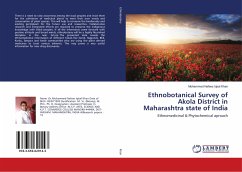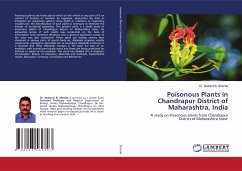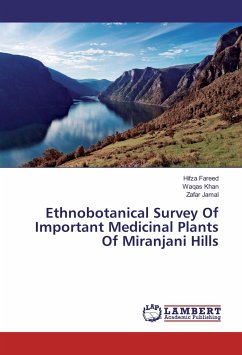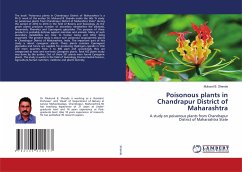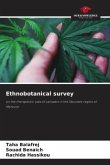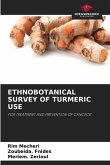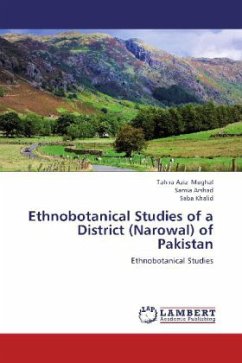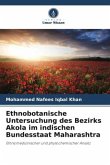There is a need to raise awareness among the local peoples and insist them for the cultivation of medicinal plants to meet their own needs and conservation of plant species. This will help to conserve the biodiversity and existing germplasm for the future use and researches. Collaborative research and integrated efforts are required to preserve the indigenous knowledge with tribal peoples. If all the informants come forward with positive attitude and broad minds, ethnobotany will be a highly flourished discipline in the near future. The presented data reveals the ethnomedicinal information of different tribals like Gond, Rajgonds, Bhil, Korku, Banjara and Andh communities who are using the plant derived medicines to treat various ailments. This may prove a very useful information for new drug discoveries.
Bitte wählen Sie Ihr Anliegen aus.
Rechnungen
Retourenschein anfordern
Bestellstatus
Storno

